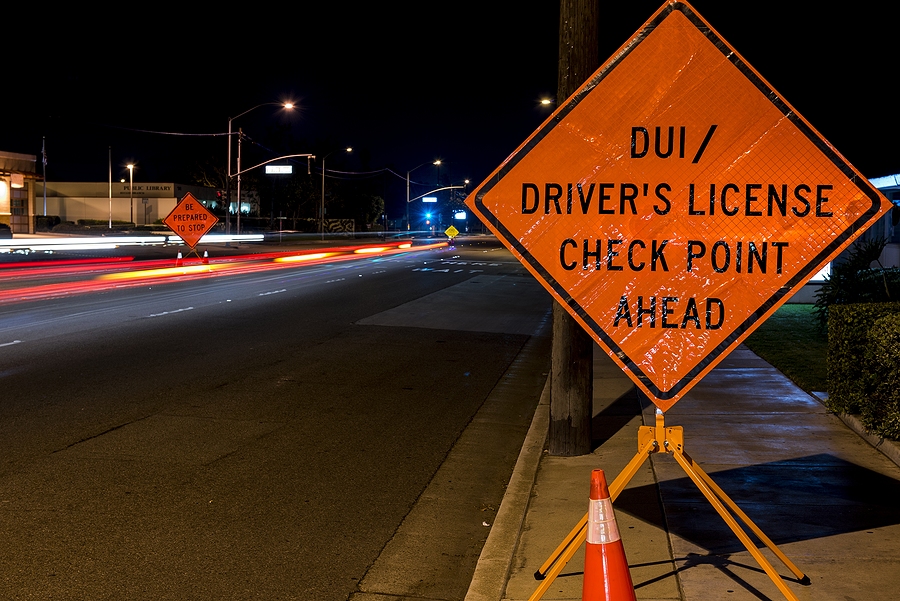Facing an arrest, whether for yourself or a loved one, is a deeply stressful and confusing experience. The time immediately following an arrest is often filled with uncertainty, and one of the most urgent questions is how to secure a release from jail. This is where the bail bond system comes into play, offering a path to temporary freedom while awaiting trial.
Understanding this process is the first step toward navigating it successfully. This guide provides clear, essential information about getting a bail bond in Hancock County, Indiana. We will walk you through the entire process, from understanding how bail is set in Greenfield to finding a trustworthy bail bondsman and knowing your legal rights. Our goal is to offer a straightforward resource to help you make informed decisions during a difficult time.

Understanding the Bail Bond Process in Greenfield
When a person is arrested in Hancock County, they are typically taken to the Hancock County Jail in Greenfield. Soon after, a judge will set a bail amount. Bail is a financial guarantee that the defendant will appear for all their scheduled court dates. If the full bail amount is paid directly to the court, it is refunded at the end of the case, provided the defendant has made all required appearances.
However, bail amounts can be prohibitively expensive for many families. This is where a bail bondsman becomes a crucial ally. Instead of paying the full bail amount, you can hire a bail bondsman for a non-refundable fee, which is legally set in Indiana as a percentage of the total bail—usually between 10% and 15%. The bail bondsman then posts a “surety bond” with the court for the full bail amount, securing the defendant’s release.
The process generally involves these steps:
- Gather Information: You will need the defendant’s full name, date of birth, and the jail where they are being held (Hancock County Jail).
- Contact a Bail Bondsman: Reach out to a licensed bail bond agent who serves Hancock County.
- Complete Paperwork: The bondsman will guide you through the necessary application and contract forms.
- Pay the Premium: You will pay the non-refundable fee, which is a percentage of the total bail.
- Release: The bondsman posts the bond at the jail, and the release process begins. This can take anywhere from a few minutes to several hours, depending on how busy the jail is.
Factors That Determine Bail Amounts
A judge in Hancock County has considerable discretion when setting a bail amount. They are guided by a bail schedule but will also consider several key factors unique to each case. Understanding these can provide insight into why a bail amount is set at a particular level.
- Severity of the Alleged Crime: More serious charges, such as felonies, will almost always result in higher bail amounts compared to misdemeanors. The potential penalty if convicted is a major consideration.
- Criminal History: A defendant with a history of prior convictions, especially for similar offenses, may be seen as a higher risk and assigned a higher bail.
- Flight Risk: The court assesses the likelihood that the defendant will flee to avoid trial. Factors include ties to the community (like family, employment, and property ownership), financial resources, and any history of failing to appear in court.
- Public Safety Risk: If the judge believes the defendant poses a danger to the community or specific individuals if released, they may set a very high bail amount or even deny bail altogether.
How to Find a Reputable Bail Bondsman
Choosing the right bail bondsman is critical. A reputable agent will be professional, transparent, and operate with integrity. Here are some key things to look for when searching for a bondsman in the Greenfield area:
- Proper Licensing: In Indiana, all bail bond agents must be licensed by the Indiana Department of Insurance. Always ask for their license number and verify it if you have any doubts.
- Clear Fee Structure: A trustworthy bail bondsman will be upfront about their fees. In Indiana, the premium is typically 10% of the bail amount for state charges. Be wary of anyone offering deals that seem too good to be true, as this can be a sign of unethical practices.
- Availability: Arrests can happen at any time. Look for a bondsman who offers 24/7 service. You need someone who can act quickly to start the release process.
- Professionalism and Experience: An experienced bondsman will understand the Hancock County legal system and have a good working relationship with the court and jail staff. They should be able to explain the process clearly and answer all your questions patiently.
- Positive Reviews: Look for reviews and testimonials from past clients online. A history of positive feedback is a strong indicator of reliable service.
Get Immediate Bail Bond Service Right Now ✅
Legal Considerations and Your Rights
When you secure a bail bond, you are entering into a legal contract. The person who signs the agreement, known as the indemnitor or co-signer, takes on financial responsibility. If the defendant fails to appear in court, the co-signer is liable for paying the full bail amount to the bondsman.
It is vital to understand your rights and responsibilities:
- Right to Information: You have the right to a clear explanation of the bail bond agreement before you sign.
- Defendant’s Responsibility: The defendant must attend every single court date. Missing a date will result in the bond being forfeited and a new warrant being issued for their arrest.
- Co-signer’s Responsibility: As a co-signer, you must ensure the defendant complies with all court requirements. You may also need to help the bondsman stay in contact with the defendant.
Frequently Asked Questions
What happens if I can’t afford the bail bond premium?
If you cannot afford the 10% premium, some bail bond agencies may offer flexible payment plans. It is important to discuss this possibility with the bondsman upfront. Be honest about your financial situation to see what options are available.
What is considered collateral?
In cases with very high bail amounts, a bondsman may require collateral in addition to the premium. Collateral is a valuable asset, such as real estate or a vehicle, used to secure the bond. If the defendant fails to appear in court, the bondsman can take ownership of the collateral to cover the forfeited bail amount.
How long does it take to get released from jail?
Once the bond is posted at the Hancock County Jail, the release process usually takes a few hours. However, the exact timing can depend on staffing levels and how busy the jail is at that moment.
What happens after the defendant is released?
After being released, the defendant must strictly adhere to all conditions of their release and appear at all scheduled court hearings. The co-signer should stay in communication with both the defendant and the bail bondsman until the case is fully resolved.
In Summary
Navigating the bail bond system in Hancock County can feel overwhelming, but you don’t have to do it alone. A professional and compassionate bail bondsman can serve as your guide, providing the support and expertise needed to secure a swift release. By understanding the process, knowing your rights, and choosing a reputable agent, you can manage this difficult situation with confidence.
If you or someone you know needs immediate assistance with a bail bond in Greenfield or anywhere in Hancock County, help is available. Our experienced team is ready to act fast, providing 24-hour service to bring your loved one home. Call Us Now for immediate, 24-hour bail bond service in Hancock County, Indiana.
View Our Bail Bond Application Form
Related Post: Where to Get a Bail Bond in Greenfield Indiana









